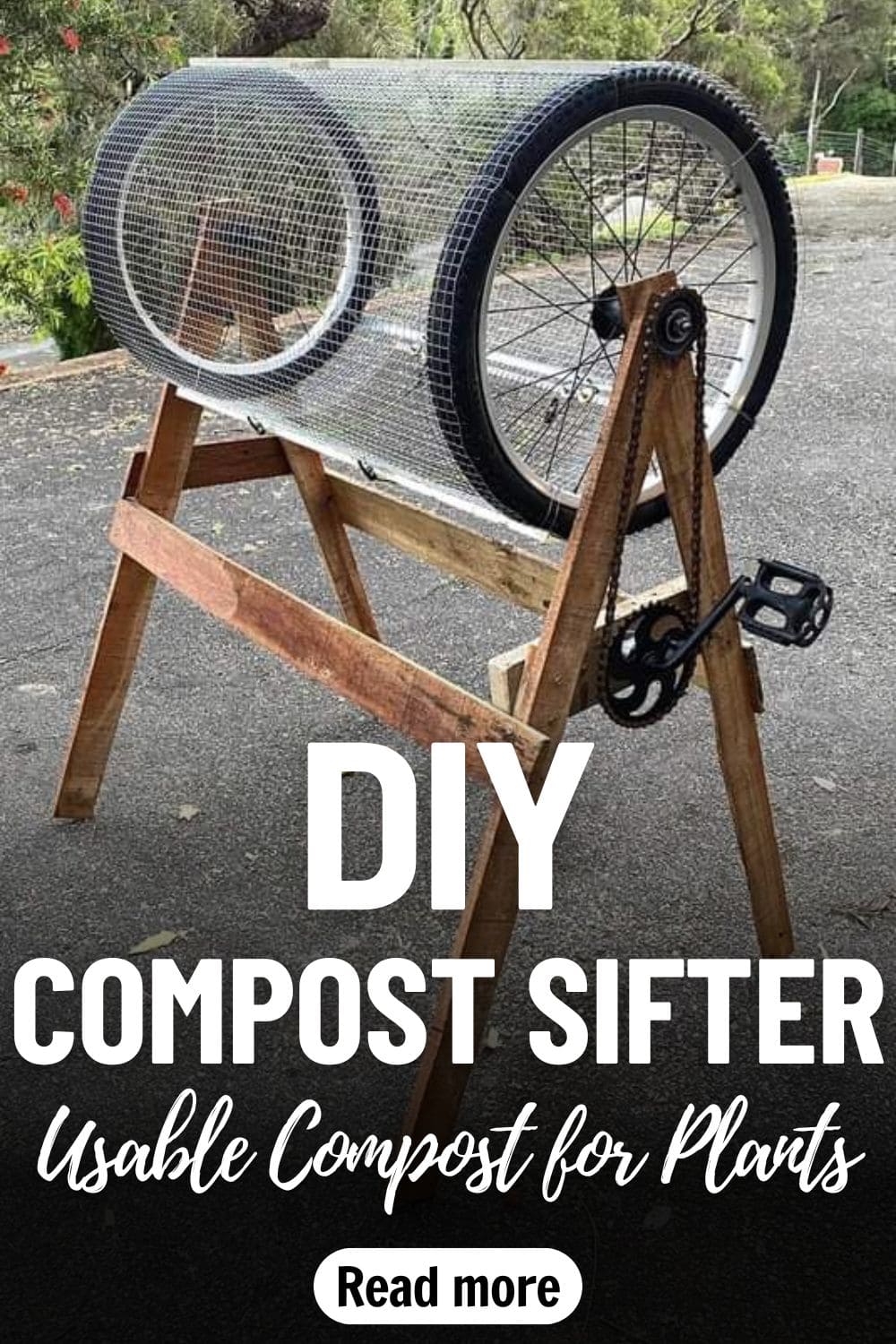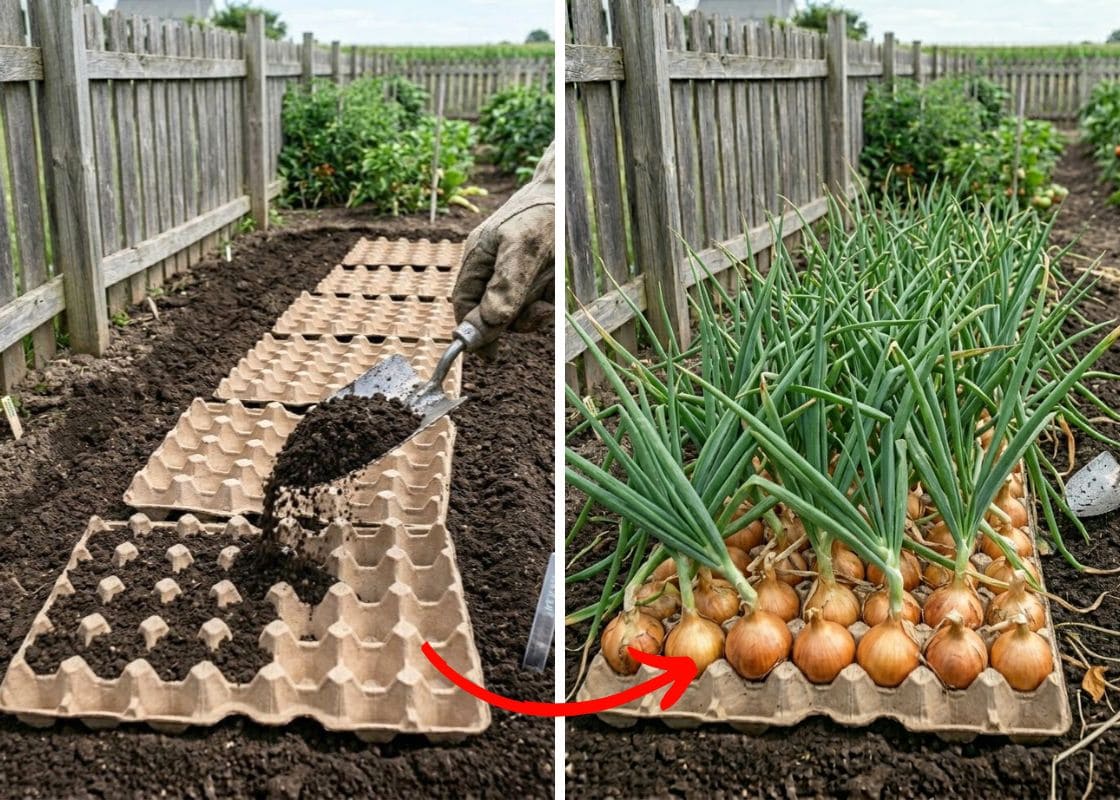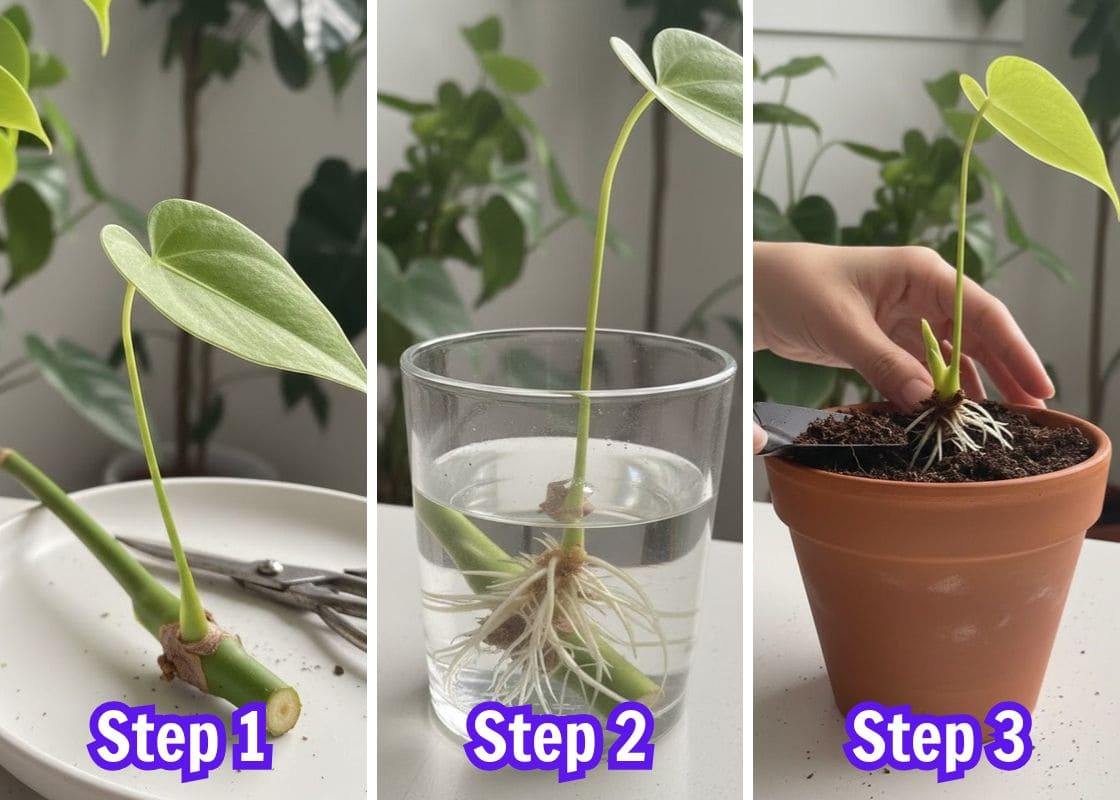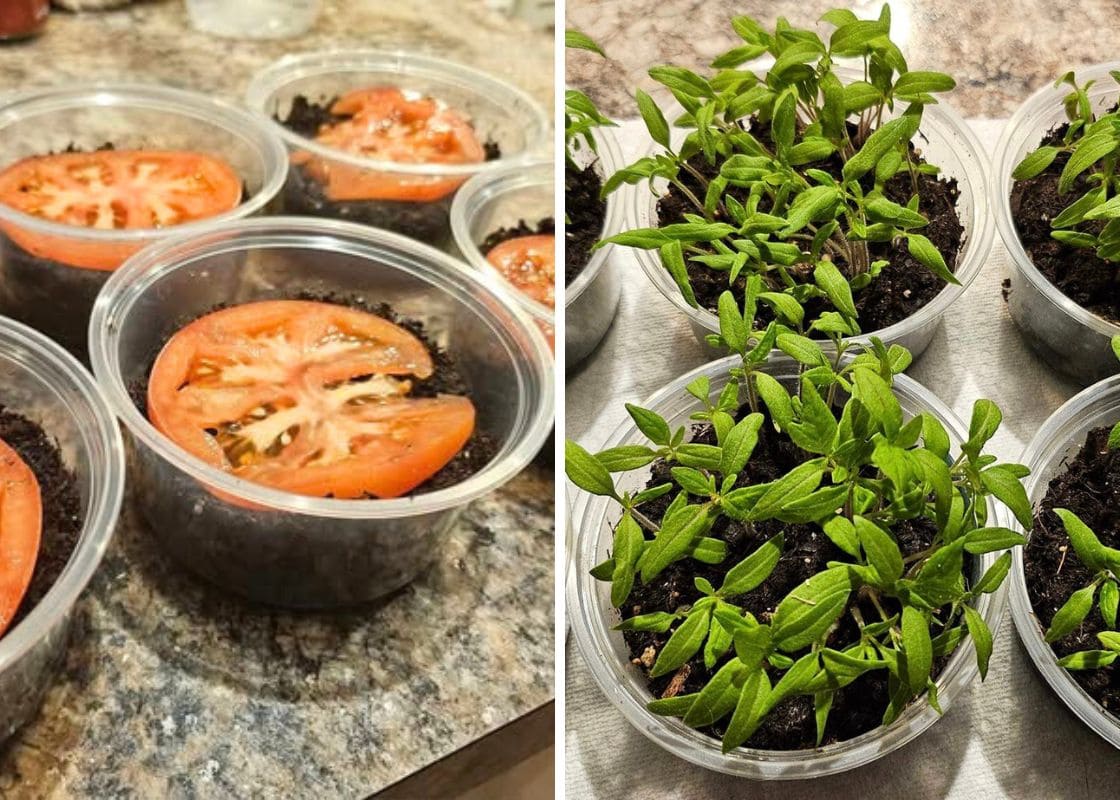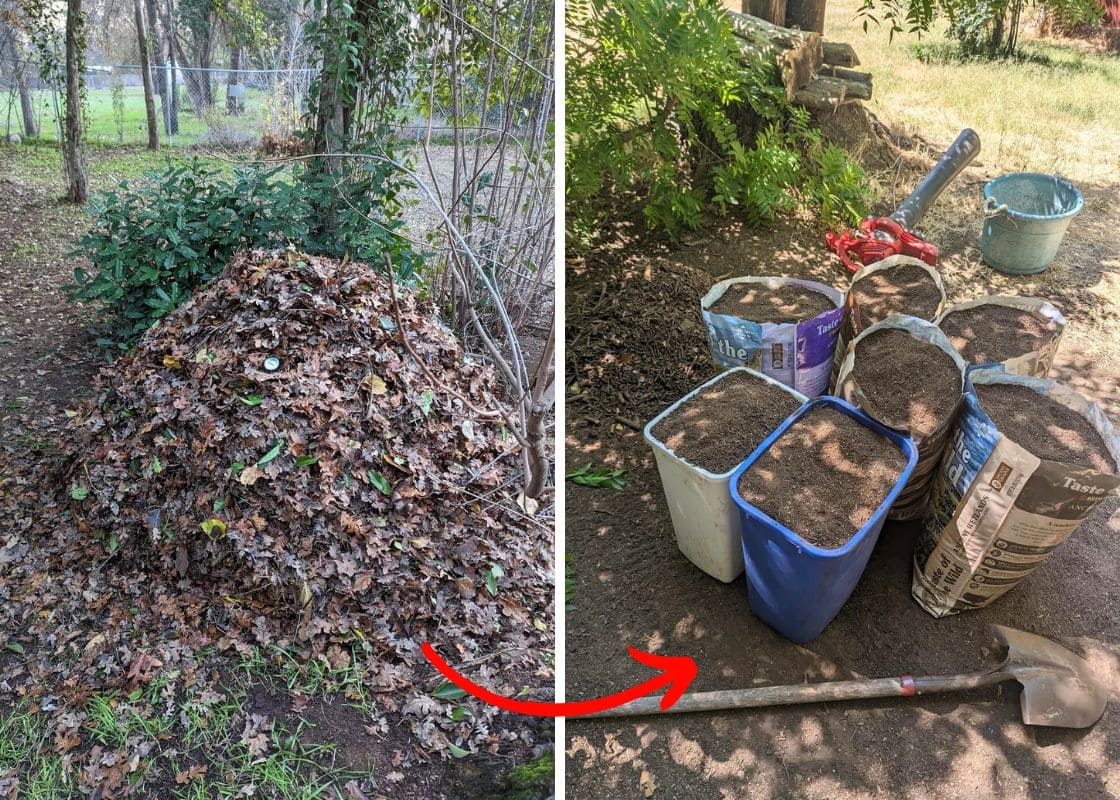Every gardener knows the disappointment of pulling out compost that looks more like a pile of sticks and half-rotted clumps than the rich, crumbly soil booster we dream of.
That’s exactly why compost sifters are gaining so much popularity.
They make the difference between rough garden waste and fine, usable compost that plants thrive on. The good new is you don’t need to buy an expensive one.
With some simple materials, you can build a rolling compost sifter that works beautifully and even recycles old bike parts.
Why Compost Sifters Are Becoming Popular
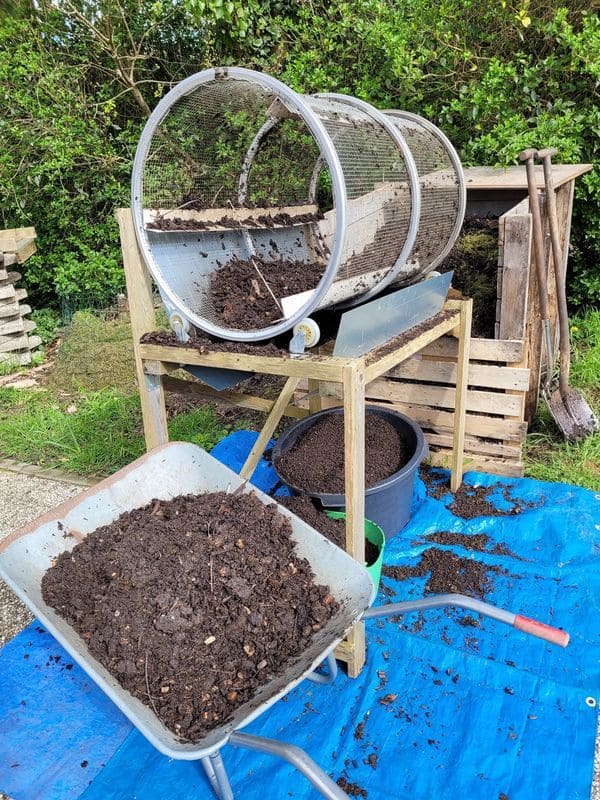
Using a compost sifter gives you smooth, even compost that’s easier to handle and more effective for delicate seedlings, potted plants, or top-dressing garden beds.
It also keeps your pile efficient, larger chunks that don’t pass through the screen get sent right back into the bin to finish decomposing.
Instead of wasting time picking out twigs by hand, you end up with two neat results: fine compost ready for use and coarse material that goes back to work.
DIY Compost Sifter
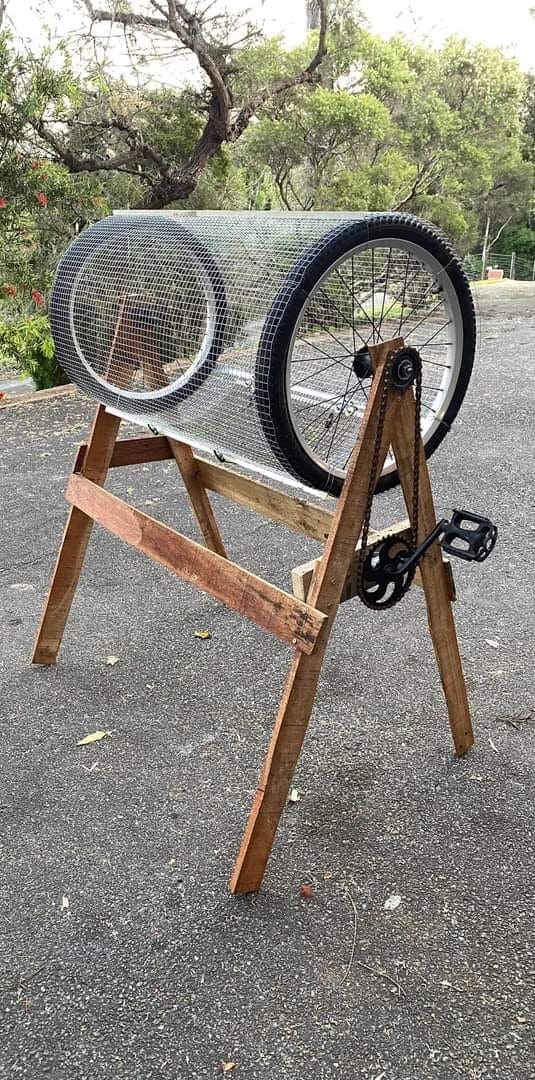
This design turns an old bike and some scrap wood into a rotating compost sifter.
The drum spins easily, and fine compost drops through the mesh while bulkier pieces roll out the end.
Materials Needed:
- 2 bicycle wheels with tires (about 26 inches diameter each)
- Galvanized wire mesh – 3 feet long × 2 feet wide, ½-inch holes
- Wooden sawhorse-style frame (36 inches high, 24-28 inches wide at base)
- Bicycle crankset with pedal
- Bolts, screws, and washers
- Zip ties or strong wire
- Tools: drill, saw, measuring tape, screwdriver
Suggested Dimensions:
- Drum length: 36 inches (3 feet)
- Drum diameter: 26 inches (fits bike wheels)
- Stand height: 36 inches (comfortable working height)
- Base width: 24-28 inches
Step-by-Step DIY Guide
Step 1: Build a sturdy sawhorse-style stand. Then cut wood so the frame stands about 36 inches tall with a 24-28 inch wide base.
Step 2: Position two bicycle wheels parallel to each other, spaced about 36 inches apart. These will serve as the drum ends.
Step 3: Roll the wire mesh into a cylinder and fasten the edges with zip ties or wire. Secure the mesh tightly to the rims of both wheels.
Step 4: Mount the wheels on the stand so they spin freely. You can use bolts through the wheel axles to fix them in place.
Step 5: Attach the bicycle crankset and pedal to one side of the frame, allowing you to rotate the drum by pedaling.
Step 6: Test your sifter with a shovel of compost. Pedal the drum to let fine compost fall through the mesh while large pieces roll out for reuse.
Tips & Variations
You can use ½-inch mesh for general compost, but go for ¼-inch if you want extra fine soil for seed-starting.
In addition, lay a tarp under the sifter to collect finished compost neatly. And remember to seal or paint the wooden frame to protect it from weather damage.
If you don’t have old bike wheels, substitute with metal hoops or barrel rims.
How to Use Your Compost Sifter
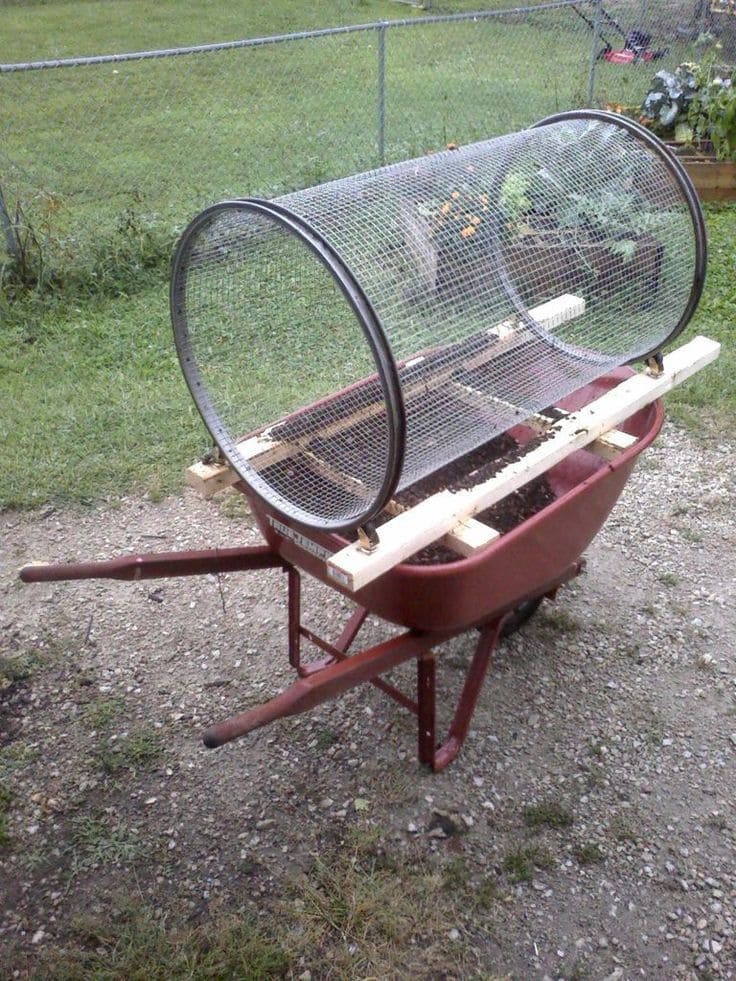
Simply shovel compost into the mesh drum, then rotate using the pedal.
Fine compost falls below, while the rough material inside can be tipped back into your compost pile.
It’s a fast, satisfying way to get usable soil while keeping the cycle going.
Conclusion
A compost sifter like this doesn’t just make your gardening easier, it makes it more enjoyable.
With a few recycled materials and a free afternoon, you can turn your uneven compost into a soft, nutrient-rich soil amendment that your plants will love.
Give it a try, and you might never go back to lumpy compost again.
